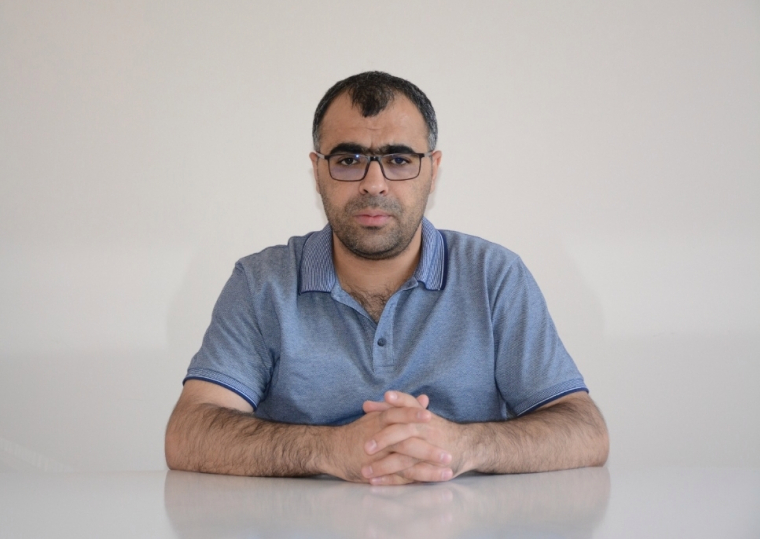The Europe branch of Article 19, a London-based international organization defending free expression worldwide, has called for the release of a journalist who was arrested in Turkey this week under a controversial new media law.
Sinan Aygül was detained and subsequently arrested on Wednesday for allegedly spreading “disinformation” regarding a child abuse case in the predominantly Kurdish province of Bitlis in eastern Turkey.
Article 19 ECA said on Thursday that Aygül was the first journalist to be jailed pending trial for “spreading disinformation” after tweeting about an alleged sexual abuse that he later corrected and for which he apologized.
#Turkey: Sinan Aygül becomes the first journalist to be jailed pending trial for "spreading disinformation" after tweeting on an alleged sexual abuse which he later corrected & apologised.
The harsh charges v/ Aygül are out of proportion.
He must be released immediately. 1/2 pic.twitter.com/AhJaKpbb26— ARTICLE 19 ECA (@article19europe) December 15, 2022
“The harsh charges v/ Aygül are out of proportion. He must be released immediately. @article19org has previously warned that ‘disinformation’ law further deepens online censorship, restricts access to info & interferes with #FoE protected in ECHR. Criminal speech offences are based on vague terminology which opens the way to abuse the law to stifle dissent,” said the rights group, whose name refers to Article 19 of the Universal Declaration of Human Rights guaranteeing the right to freedom of opinion and expression.
Aygül, editor-in-chief of Bitlis News and the head of the Bitlis Journalists Association, was detained after he wrote on Twitter that a 14-year-old girl had allegedly been sexually abused by a police officer and a soldier. He later corrected the story and explained in a series of tweets that the local governor had told him that the identity of the suspects had not yet been determined after he had tweeted about the alleged incident.
The journalist apologized for publishing the story without confirming it with authorities, yet he was arrested under the controversial “disinformation” law, which criminalizes the dissemination of “false or misleading information” and stipulates prison sentences of between one and three years.
The law, which was approved in parliament and signed by President Recep Tayyip Erdoğan in October, has attracted widespread criticism from rights groups and the opposition on accusations it will further cripple free speech in Turkey.
Aygül’s lawyer, Diyar Orak, told Reuters that the detention was unlawful.
“The implementation of the legislation … which was used for the first time as far as we know, being interpreted in this way by the judiciary leaves us concerned that similar investigations and arrests will ramp up in the future,” he said.
Turkey, which is one of the top jailers of journalists in the world, was ranked 149th among 180 countries in the Reporters Without Borders (RSF) 2022 World Press Freedom Index, released in early May.



